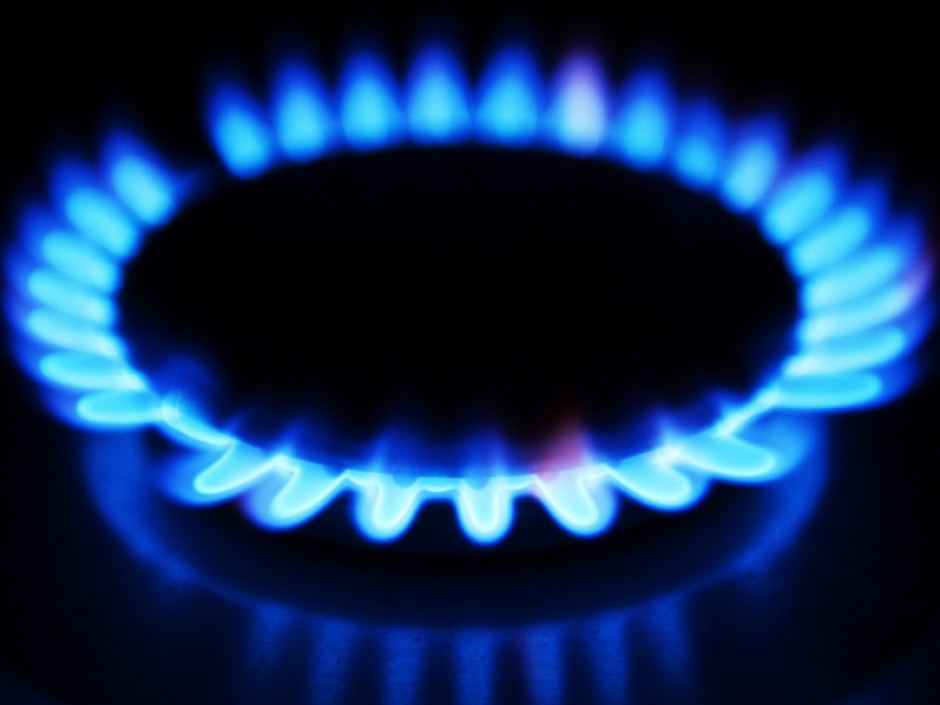RIO DE JANEIRO, BRAZIL – The prices of piped gas used by residences, industries and sold at service stations to supply cars will get higher in Rio.
According to the Brazilian Association of Piped Gas, the increase results from a 50% adjustment of four-year long-term contracts announced by Petrobras, which will apply to distribution companies (Abegás) from January 1, 2022.
Naturgy does not confirm percentages but said it should pass on the readjustment of the gas (molecule and transport) bought from Petrobras to the consumer, as anticipated by columnist Ancelmo Gois last Saturday.
And this movement is already on the radar of distributors in other states, which should pass on the increases.
According to technicians from the Oil, Gas, and Naval management of Firjan, the gas bill should be 32% to 41% more expensive for the residential consumer. The increase for other sectors will be even higher.
GREATER PRESSURE FOR INDUSTRY
The expectation is to increase 35% to 44% for commerce, and industry may have a readjustment of up to 47%. The projections consider the category’s lowest and highest average consumption levels.
The gas tariff is composed, on average, of 46% gas molecules, 24% taxation (PIS/COFIS, ICMS), 18% distribution, and 12% transportation, according to Abegás.
Gas is a primary stimulus for production.- The impact is enormous. The increases affect companies’ costs and competitiveness because no one can pass this on – says Luiz Césio Caetano, acting president of Firjan.
Adriano Pires, director of the Brazilian Center for Infrastructure (CBIE), says that the final value for the residential consumer depends on the regulatory agency in each state, in the case of Rio, Agenersa noted that the subject is under analysis.
The issue should be discussed in a regulatory session on the 28th. If Naturgy’s request is approved, it will be effective as of January 1st.
Petrobras’ readjustment for long-term contracts comes after solid increases in the prices of short-term contracts, with quarterly readjustments.
Abegás has already filed with the Cade, the body that regulates competition in the country, requesting an injunction to maintain the current contract for one year.
According to Naturgy, the increase from January refers to “a readjustment by Petrobras due to the increase in international gas prices and the variation of the Brent (type of oil that is a reference in the international market) the dollar”.
Before the readjustment of Petrobras’ long-term contracts comes into effect, the distributors’ gas price increases are already putting pressure on consumers’ budgets. Since December 10, the piped gas supplied by GasBrasiliano and Comgás in São Paulo has been more expensive.
The readjustment percentages, ranging from 9.2% to 24.8%, for CNG and residential consumers were disclosed by the Public Services Regulatory Agency of the State of São Paulo (Arsesp). For industry, the readjustment reached 30%.
According to Arsesp, GasBrasiliano’s rate increase is foreseen in the contract and occurs annually every December, based on the annual variation of the IGP-M, of 17.3%.
For Comgás, the readjustment was a quarterly pass-through of the product’s increase. The cost of the gas supplied by Petrobras was the component that increased the most, about 59%, and the one that weighed the most in the readjustment.
– Many people outside the big centers are using firewood for cooking. In the case of industry, those that use gas will pass on prices to the consumer. It is the inertial effect of inflation, which has already been happening with the rise in fuel prices – explains economist Alexandre Chaia, professor of Finance at Insper.
In practice, Petrobras is practically the only company offering natural gas. Paulo Guedes promised that the country would have a “cheap energy shock” with the sale of Petrobras assets and increased competition in the sector. Still, the transfer of part of the state-owned gas transportation network to other companies has not yet resulted in competitors’ reasonable volume of gas supply.


